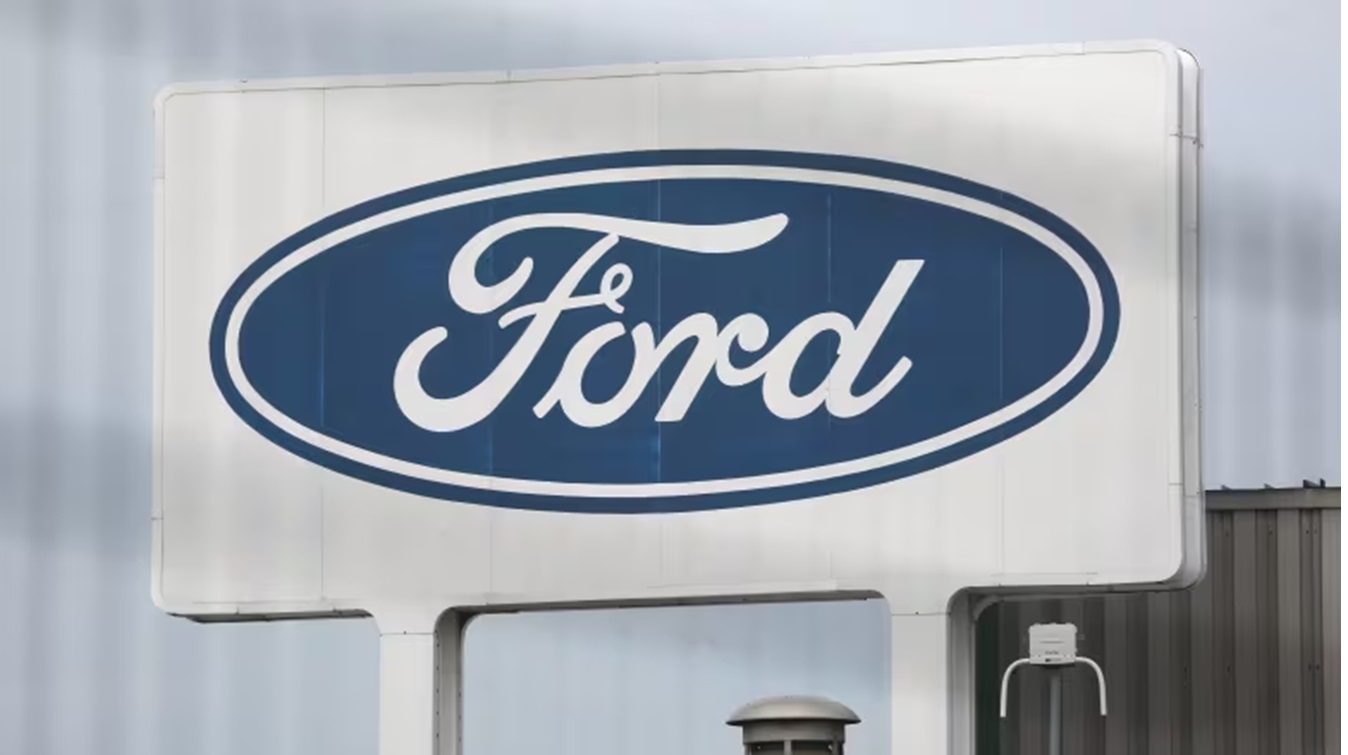
Ford Logo outside Chicago Assembly Plant. On Saturday, the United Auto Workers union decisively approved new contracts with Ford and Stellantis. (Scott Olson/Getty Images)
The United Auto Workers union has officially approved new contracts with automakers Ford and Stellantis, marking the conclusion of negotiations that had been underway since last summer. This comes in the wake of a similar deal with General Motors, collectively reshaping the automotive landscape and addressing industry-wide shifts towards alternative fuel sources.
Stellantis, known for producing Jeep, Dodge, and Ram vehicles, saw 68.8% of its workforce supporting the agreement. The resolution comes after a tumultuous labor dispute characterized by strikes, name-calling, and substantial costs incurred by the companies. The deal at Stellantis, endorsed by a margin of approximately 10,000 votes, signals the end of a protracted period of negotiations.
Meanwhile, Ford workers demonstrated a 69.3% approval for their respective contract, passing with a substantial margin of nearly 15,000 votes. Earlier in the week, General Motors' employees narrowly ratified a similar agreement, bringing an end to a series of strikes that lasted for six weeks and significantly impacted the industry.
The ratified contracts, set to run until April 2028, bring to a close the contentious talks that began in the summer. Shawn Fain, the assertive new leader of the UAW, characterized the companies as adversaries with overpaid CEOs, signaling an end to the era of cooperative relations between the union and automakers.
The negotiations, initially unsuccessful during the summer, escalated to strikes on September 15 at select assembly plants, with the union expanding its actions to include parts warehouses and other facilities in an effort to exert additional pressure on the automakers. Tentative agreements were eventually reached in late October, resolving the prolonged dispute.
The new contract agreements represent a victory for the UAW, with the companies committing to significant pay increases for top-scale assembly plant workers. These include immediate 11% raises, leading to approximately $42 per hour by the contract expiration in April 2028, translating to a 33% wage gain. The agreements also entail the elimination of various wage tiers that were previously in place.
Additionally, the automakers have expressed a willingness, in principle, to incorporate new electric-vehicle battery plants into the national union contract. This provision holds the potential for the UAW to unionize the growing sector of electric vehicle battery plants, acknowledging the increasing significance of such roles within the industry in the coming years.















